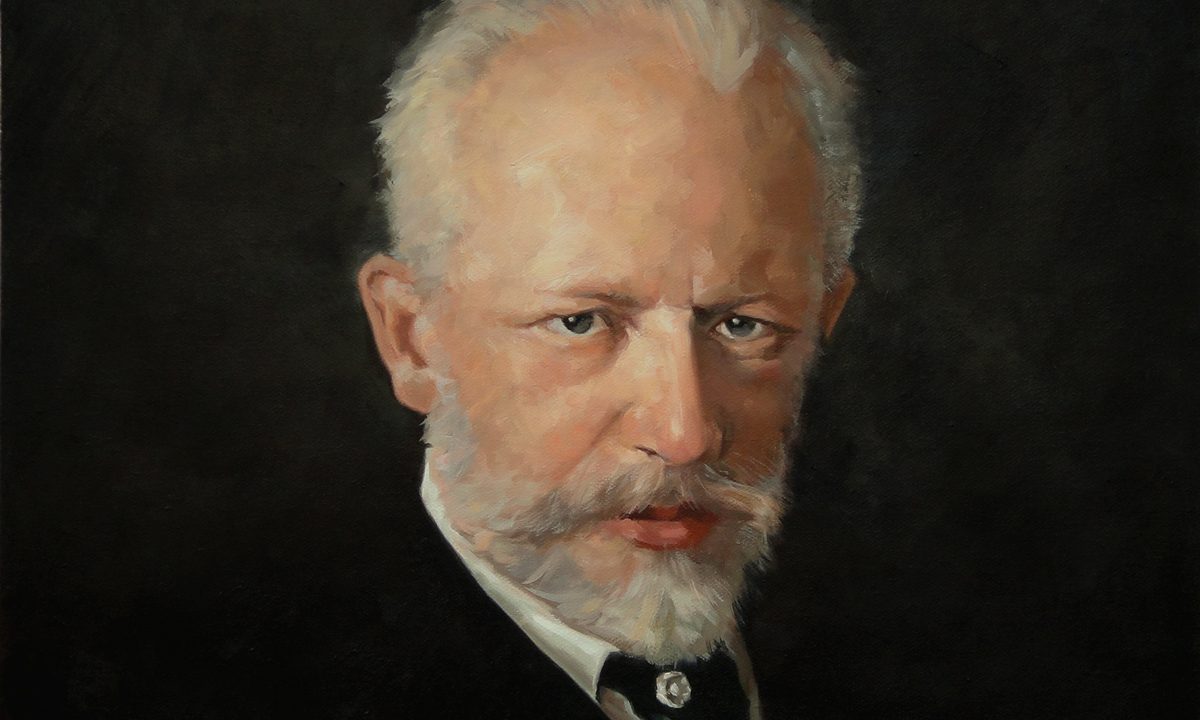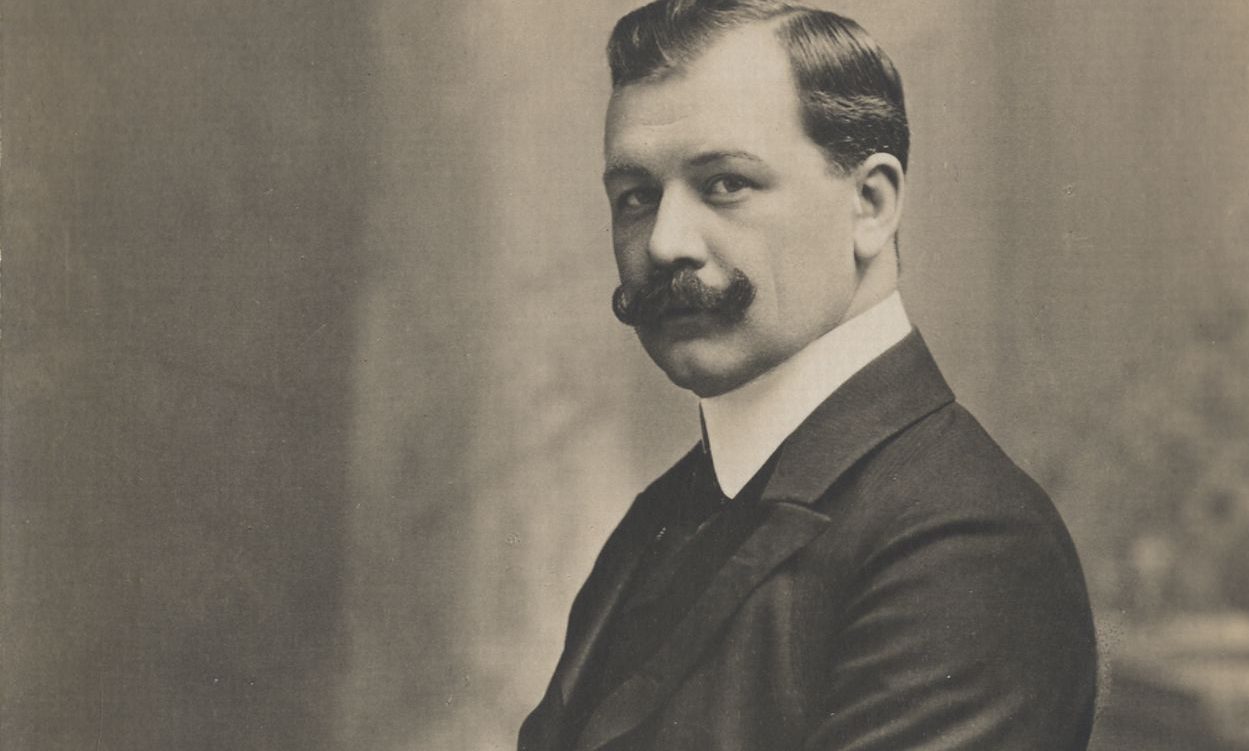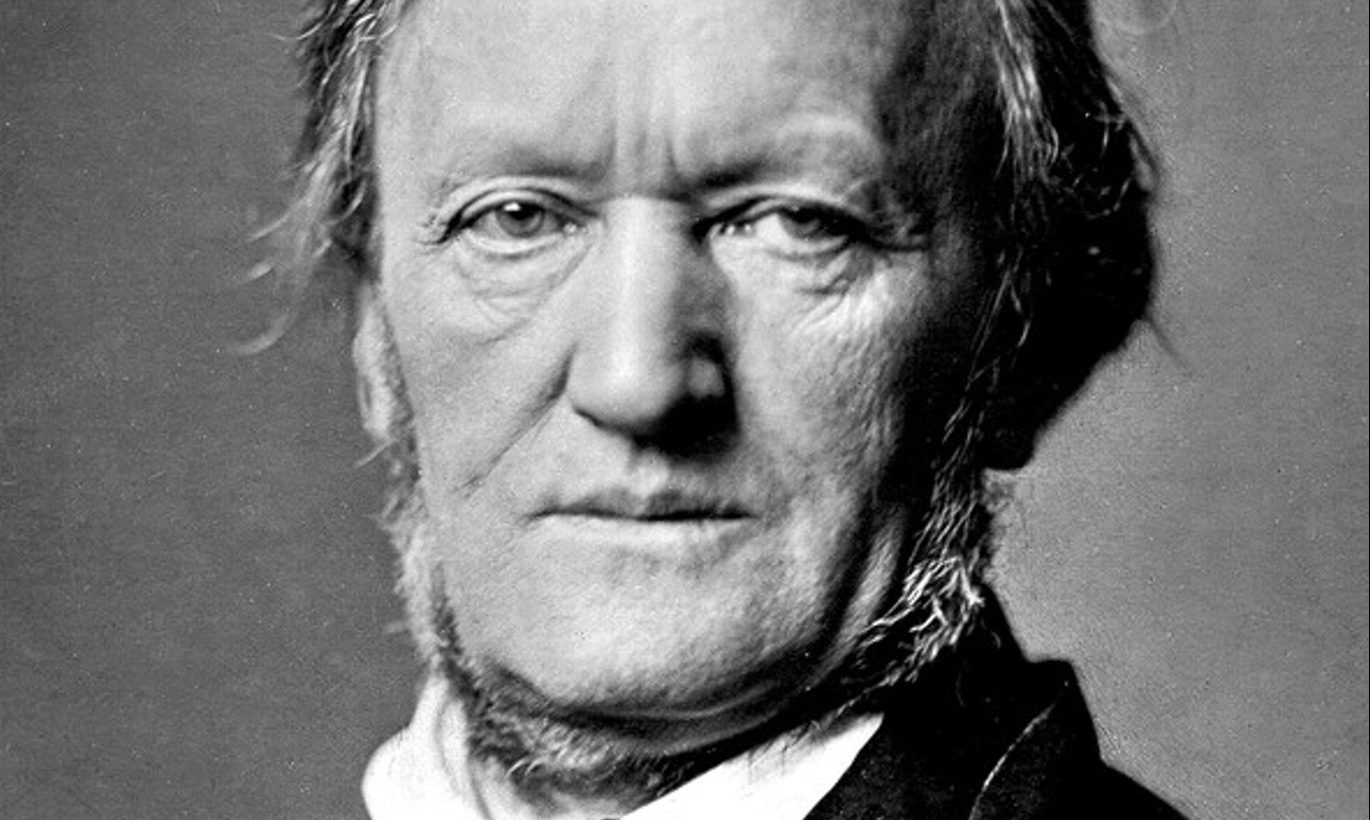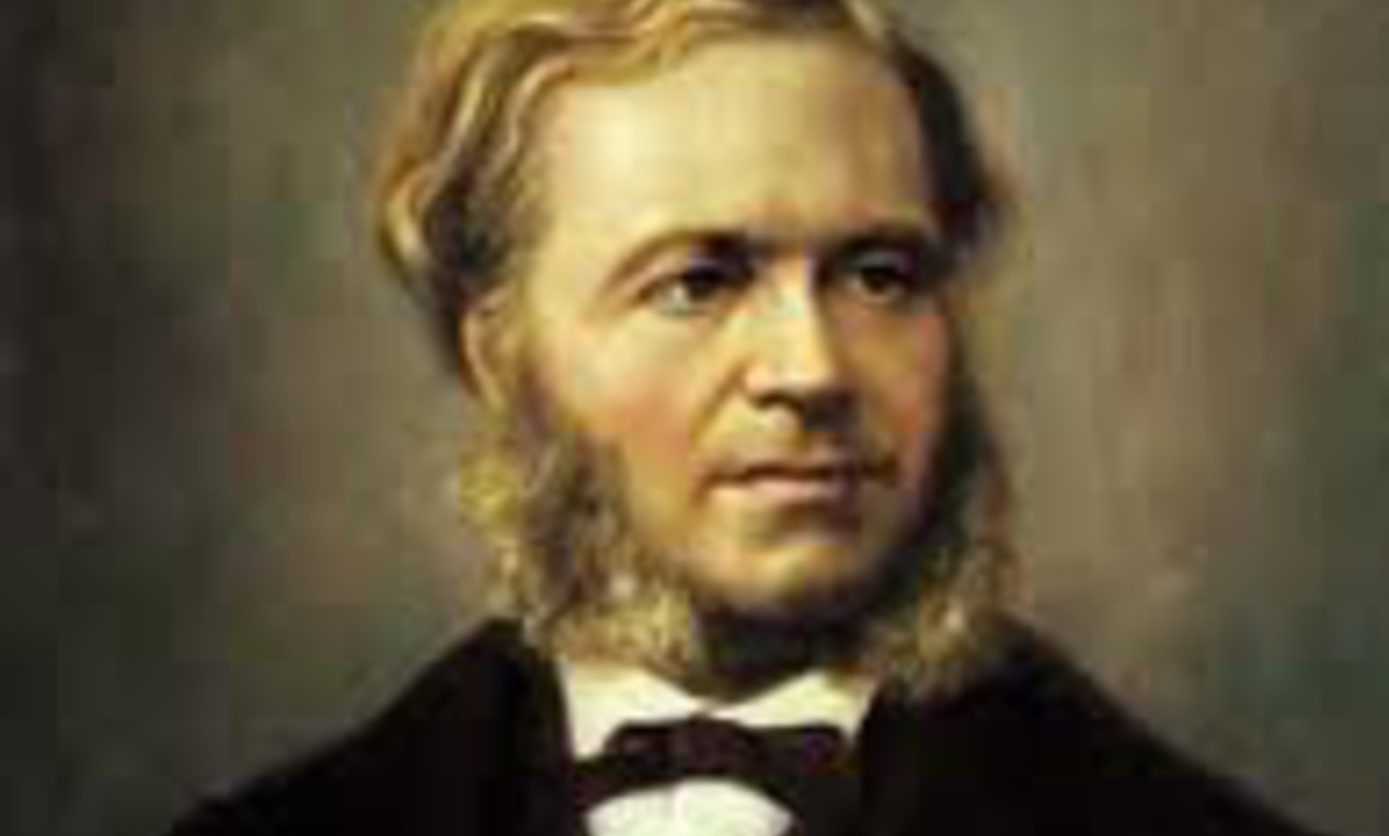La Gazza Ladra – Rossini
Rossini’s ‘La Gazza Ladra’ (The Thieving Magpie) is a melodrama or ‘opera semiseria’ in two acts on a libretto by Giovanni Gherardini based on ‘La pie voleuse’ by Jean-Marie-Theodor Badouin d’Aubigny and Louis-Charles Caigniez.
‘La Gazza Ladra’ is best known for the overture, which is musically notable for its use of snare drums. The unique inspiration in the melodies is extreme and invokes the image of the opera’s main subject: a clever, devilishly thieving magpie.
Publisher: → Baton Music
explanation text: © batonmusic








